Next please, PM
Last week’s editorial, ‘In praise of the PM’, rightly gave Prime Minister Scott Morrison ‘full marks … for stating unequivocally that Australia will join the US, Israel, Austria, the Czech Republic, Poland, Croatia, Hungary and Bulgaria by refusing to sign the Global Compact on Migration’ – a piece of United Nations busy-bodyism that forms part of that institution’s more general push for its ‘New World Order’. It went on to express the hope that this ‘good news for the nation’ might prove to the Liberal party ‘that electoral success… will follow sound policy based on genuine conservative, mainstream values’. For what such evanescent markers may be worth, Monday’s Newspoll – showing an increased approval for Scott Morrison’s performance as PM – appears to lend force to that opinion.
Similarly, in an Australian article (‘First words of hope from PM’, 15/11/18) I had remarked that when, on November 10, Morrison ‘told it like it is’ about Melbourne’s latest Muslim murderer, all those Dis-Cons (disaffected conservatives) who, after Tony Abbott’s sacking, deserted the Liberals, ‘cheered him to the echo’. But ‘welcome though this first stirring of political common sense from Morrison is, much more is needed if he is to prevail’ at next year’s federal election, the key to which is winning back those Dis-Cons. And lo and behold, on October 21 his GCM announcement did provide what might have been called ‘Second words of hope from PM’ – a decision even more lustily cheered by the Dis-Cons. ‘We believe’, he said, ‘that adopting the Compact would directly conflict with important principles that have underlined our successful approach’ to safe, orderly and regular migration. Bravo, Prime Minister!
Mind you, this decision should have been a lay down misère. That it has taken all this time to make it underlines the failure of former Minister for Foreign Affairs, Julie Bishop, to alert the Cabinet long ago to the goings on in New York on the matter. The need for her successor, Senator Marise Payne, to be joined in the statement by the PM and the Minister for Home Affairs, Peter Dutton (who called out this outrage four months ago, while still under Malcolm Turnbull) signaled that previous failure.
More importantly, why does Morrison not see the direct equivalence between our appropriate attitude towards the GCM, and that towards its UN ‘twin’, the Global Compact on Refugees? On Alan Jones’s program on 2GB on the morning of November 21, the PM sought to draw a distinction between these two UN-initiated attacks on national sovereignty. While rejecting one, he proposes to accept the other when Australia votes (probably later this month, although DFAT is astonishingly coy about even that factual matter of public interest) on the annual report of the UN High Commissioner for Refugees, which will present the already finalised GCR text for the UN General Assembly’s adoption. The US, by contrast, has already told the UN it will vote against that resolution.
So I ask again, why can’t Morrison see the obvious equivalence between the two Compacts? Speaking with Jones, he confirmed my worst fears, saying his official advice that Australia should raise no objection to the GCR came from Foreign Affairs. It is London to a brick that he himself has not read the 23-page GCR text – nor would I expect him to. But surely, among all his highly paid advisers, someone must have done so? Or horror of horrors, is that key adviser him or herself on secondment from DFAT? In an article like this, space precludes detailed analysis. But consider, for example, para.11: ‘The purpose of the program of action is to facilitate… effective arrangements for burden- and responsibility-sharing… and areas for timely contributions in support of host countries and… countries of origin’ of refugees. Australia not only has a large and exceptionally costly refugee and other humanitarian resettlement program, but also makes contributions to countries (e.g., Jordan) where refugees are encamped, and in many cases to their countries of origin (most notably, Afghanistan). Just as we don’t propose to accept UN interference in our immigration arrangements, why should we be prepared to countenance it in these areas? But that is what this document portends. Despite its pretence to be legally ‘non-binding’, DFAT will argue that we are ‘honour bound’ by it unless we have disassociated ourselves from it. Compare again, in that respect, Bishop’s insistence that, having signed up to the also allegedly ‘non-binding’ Paris Agreement on Climate Change, we were now ‘honour bound’ to observe its every jot and tittle.
Does Morrison contemplate with equanimity Australia’s being summoned every four years to a ‘Global Refugee Forum, at ministerial level… to announce concrete pledges and contributions’ (para.17) – the first of them next year? These ‘will be complemented by high-level officials’ meetings, held every two years between Forums, which will provide an opportunity for’ mid-term review (para.19). Then there are the so-called ‘Support Platforms’, whose ‘functions would include galvanising political commitment and advocacy… ’ (para.23). Need I go on? Think again, Prime Minister.And by the way, please do not delude yourself that all that diversionary waffle in your Bradfield Oration on November 20 even begins to constitute an acceptable response to the rising community hostility, even anger, towards both the size and composition of our current immigration program, on which that November 15 article also remarked. To suggest, for example, that the government might ‘cut’ the official permanent settler visa program from the level of 190,000 persons, at which it was formally set some years ago and still remains, by some 30,000 persons or thereabouts, borders on being outright deceitful when Peter Dutton has already reduced the 2017-18 intake to 162,000. Thank you for (next to) nothing. Let me be clear. Morrison must win next year’s election. But to do so, he will need more decisions like the two above-mentioned. So next please, Prime Minister.
Got something to add? Join the discussion and comment below.
Get 10 issues for just $10
Subscribe to The Spectator Australia today for the next 10 magazine issues, plus full online access, for just $10.
You might disagree with half of it, but you’ll enjoy reading all of it. Try your first month for free, then just $2 a week for the remainder of your first year.

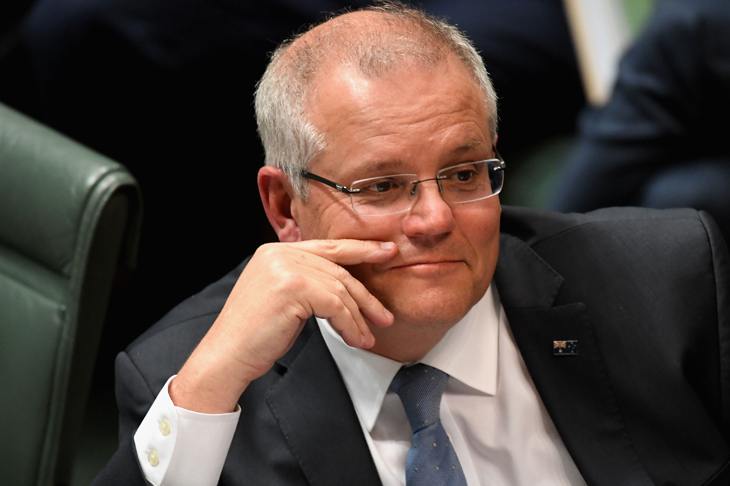
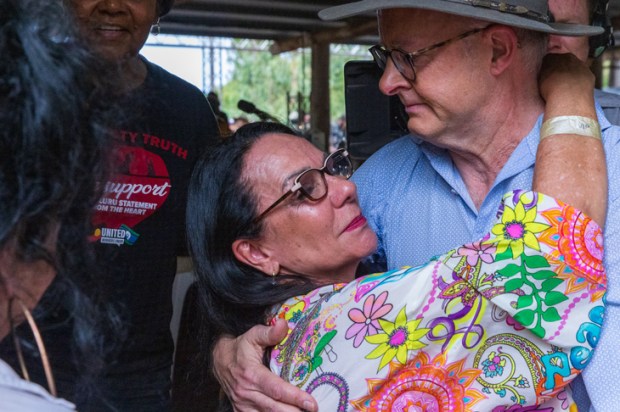
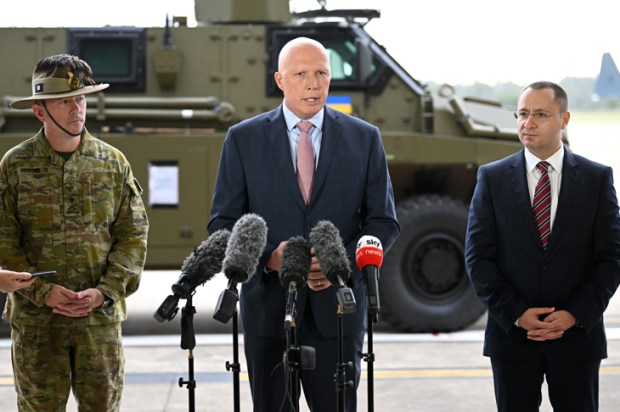
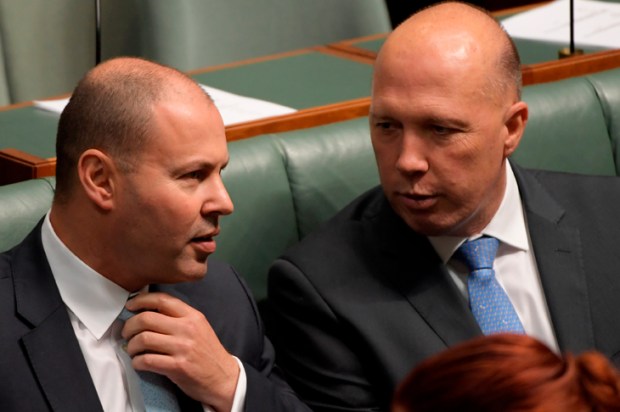
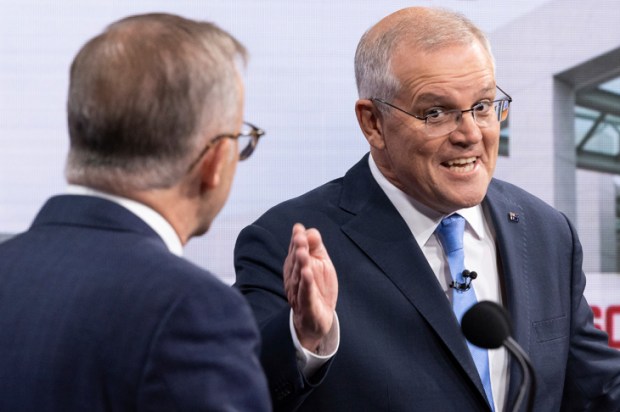
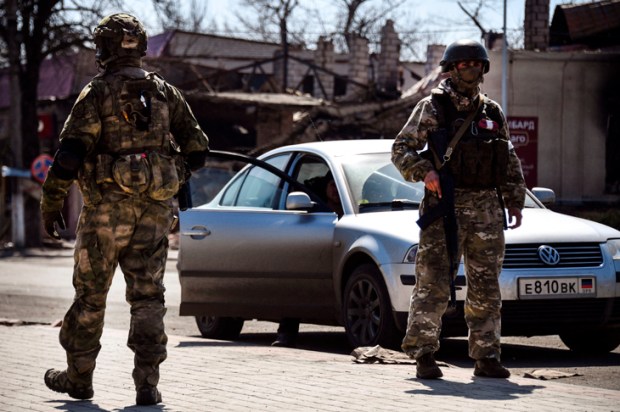
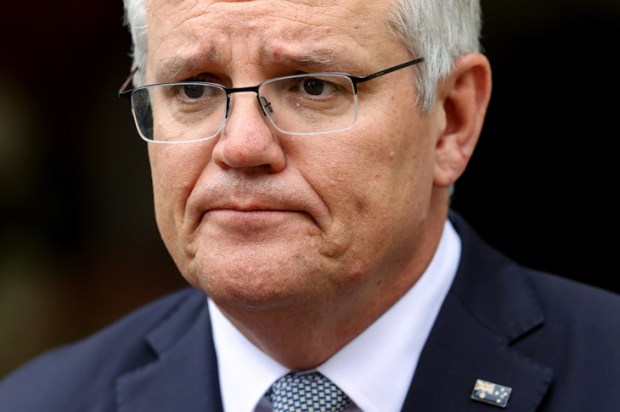






Comments
Don't miss out
Join the conversation with other Spectator Australia readers. Subscribe to leave a comment.
SUBSCRIBEAlready a subscriber? Log in